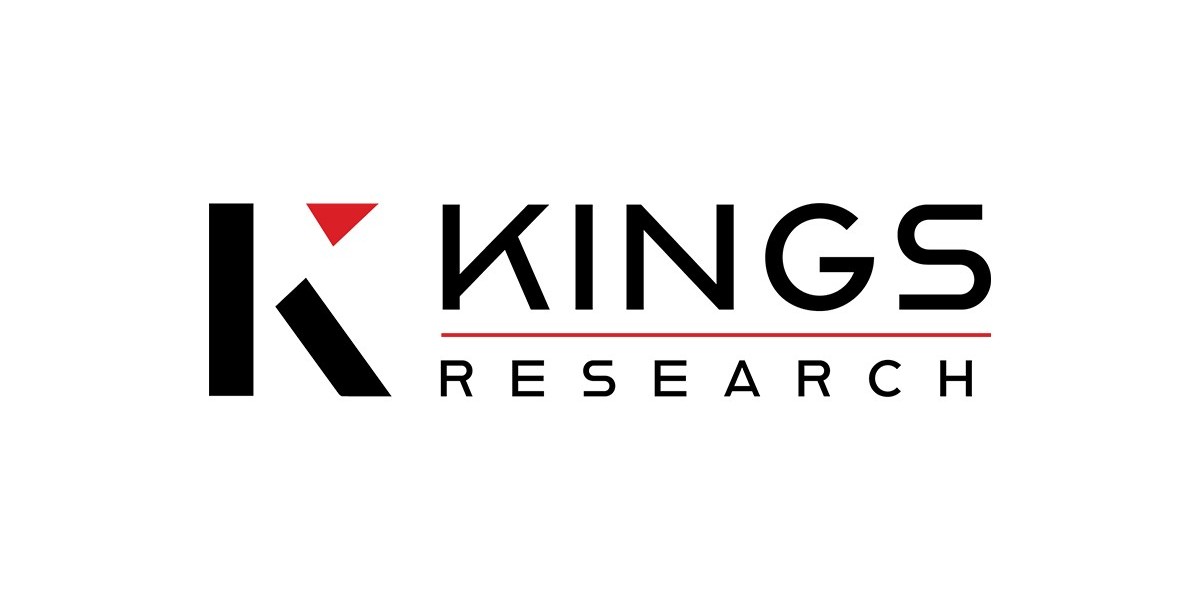In the realm of business finance, understanding and managing business expenses is crucial for the sustainability and growth of any organization. Business expenses refer to the costs incurred in the ordinary course of running a business. These expenses can significantly impact profitability, cash flow, and overall financial health. In this article, we delve into the various categories of business expenses, their implications, and effective strategies for managing them.
What Are Business Expenses?
Business expenses are any costs that a business incurs in the process of generating revenue. These expenses can be categorized into fixed and variable costs. Fixed expenses remain constant regardless of production levels, such as rent and salaries. In contrast, variable expenses fluctuate with production or sales volume, including raw materials and sales commissions. Understanding these distinctions is key to effective financial management.
Types of Business Expenses
Operating Expenses
Operating expenses (OPEX) are the ongoing costs for running a business. These include:Rent and Utilities: Costs associated with leasing office or retail space and utilities such as electricity, water, and internet.
Salaries and Wages: Employee compensation, including bonuses and benefits.
Office Supplies: Items such as stationery, printer ink, and other supplies necessary for day-to-day operations.
Maintenance and Repairs: Costs incurred to maintain equipment and property.
Cost of Goods Sold (COGS)
COGS refers to the direct costs attributable to the production of goods sold by a company. This includes:Raw Materials: The cost of materials used to create products.
Manufacturing Overhead: Indirect costs associated with production, including utilities and salaries of production staff.
Capital Expenditures (CapEx)
Capital expenditures are investments in long-term assets. These can include:Property and Equipment: Purchases of machinery, vehicles, or buildings that will benefit the business over time.
Technology Investments: Costs associated with purchasing or upgrading software and hardware systems.
Marketing and Advertising Expenses
These expenses encompass all costs related to promoting products or services, including:Digital Marketing: Costs for online advertising, SEO services, and social media campaigns.
Traditional Advertising: Expenditures on print media, television, and radio ads.
Professional Fees
Businesses often require professional services, leading to expenses in areas such as:Legal Fees: Costs incurred for legal advice and representation.
Consulting Services: Expenses for hiring experts to improve business operations.
Travel and Entertainment Expenses
Travel expenses can significantly impact a company's bottom line. These include:Transportation Costs: Airfare, car rentals, and fuel expenses for business travel.
Lodging and Meals: Hotel accommodations and meal costs while traveling for business purposes.
The Importance of Tracking Business Expenses
Effective tracking of business expenses is essential for several reasons:
Financial Management: Understanding expenses helps in budgeting and forecasting. Businesses can identify areas where they can cut costs or reallocate resources.
Tax Deductions: Properly recorded business expenses can lead to significant tax savings. The IRS allows businesses to deduct many expenses, reducing taxable income.
Profitability Analysis: Monitoring expenses enables businesses to assess profitability accurately, ensuring sustainable operations.
Best Practices for Managing Business Expenses
1. Implement a Budgeting System
Creating a budget allows businesses to plan for expected expenses and allocate resources effectively. Regularly reviewing the budget ensures that spending aligns with company goals and identifies potential areas for cost reduction.
2. Utilize Accounting Software
Investing in reliable accounting software can streamline the tracking and reporting of business expenses. Features such as automated expense categorization, real-time financial reporting, and integration with banking systems simplify expense management.
3. Regularly Review and Audit Expenses
Conducting regular reviews and audits of business expenses can reveal unnecessary expenditures or inefficiencies. This process encourages accountability and helps in making informed financial decisions.
4. Categorize Expenses Effectively
Proper categorization of expenses aids in financial analysis and reporting. Clear categorization allows businesses to identify trends, compare expenses across periods, and prepare for tax filing.
5. Train Employees on Expense Policies
Educating employees about expense policies and procedures promotes adherence to company guidelines. Ensuring that all staff understand the importance of accurate reporting can reduce the risk of discrepancies and fraud.
Conclusion
Understanding and managing business expenses is vital for the success and longevity of any organization. By categorizing expenses, tracking them diligently, and implementing best practices for management, businesses can enhance their financial health and operational efficiency. As experts in financial management, Bennett Financials emphasizes the importance of strategic expense management as a cornerstone of sustainable business practices. By prioritizing thorough expense tracking and management, companies position themselves for growth, improved profitability, and informed decision-making.







